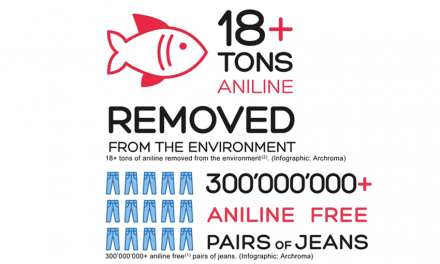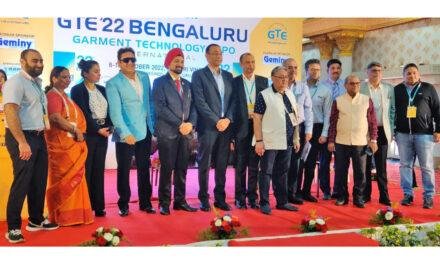 Fashion brands Cotton On and Target Australia have stopped sourcing cotton from China’s Xinjiang province over concerns about mass human rights abuses there – including forced labour by prisoners.
Fashion brands Cotton On and Target Australia have stopped sourcing cotton from China’s Xinjiang province over concerns about mass human rights abuses there – including forced labour by prisoners.
Cotton On has now completed an internal investigation into its supply chain after the Australian news outlet Four Corners revealed in July that Uyghur Muslims were being rounded up as part of a detention program and forced to work, some in shackles, in textile factories in Xinjiang. Four Corners also revealed that Target Australia was already conducting an internal review into where it sourced its cotton from in Xinjiang.
Cotton On sourced cotton from Xinjiang-based subcontractors Litai Textiles which is located just six kilometres away from a massive re-education camp. The company said it no longer sourced from Litai Textiles and was “absolutely committed to having an ethical supply chain.”
As a result of an internal investigation into supplies sourced from a mill owned by a company called Huafu in Xinjiang province, Target Australia also said it had now “made the decision to stop orders from that mill.”
Global brand H&M also works with Huafu but has said that the yarn sourced from the company comes from a facility outside Xinjiang province. It told Four Corners that it requested access to Huafu’s spinning facilities inside the province and their investigations “showed no evidence of forced labour”.
In 2017, China’s Communist Party began a campaign to round-up, detain and forcibly indoctrinate Uyghur Muslims throughout its far-Western provinces which is deemed troublesome by the authorities after a separatist campaign.
Reported in September that apparel brands were being warned of supply chain risks due to the increasing use of forced labour in Uyghur detention camps in the Xinjiang region, China’s biggest cotton growing area.
Global risk analysis company Verisk Maplecroft feared the use of forced labour was part of a wider strategy to make China’s textile industry more competitive after a period in which higher wages left businesses struggling to compete with those in countries like Bangladesh and Cambodia.
Last week, it was reported that children’s pyjamas and baby sleepers sold by wholesaler Costco – believed to have been made with forced labour by ethnic minority groups held at an internment camp in China – were among imports recently blocked by US officials over slavery fears.
US Customs and Border Protection (CBP) officials had imposed rare detention orders on goods imported from an unprecedented five countries in one day based on allegations that they were suspected to have been produced by children or adults subjected to forced labour. Costco said it was not aware that its products had been made with forced labour but promised to launch an immediate investigation into the allegations.





















